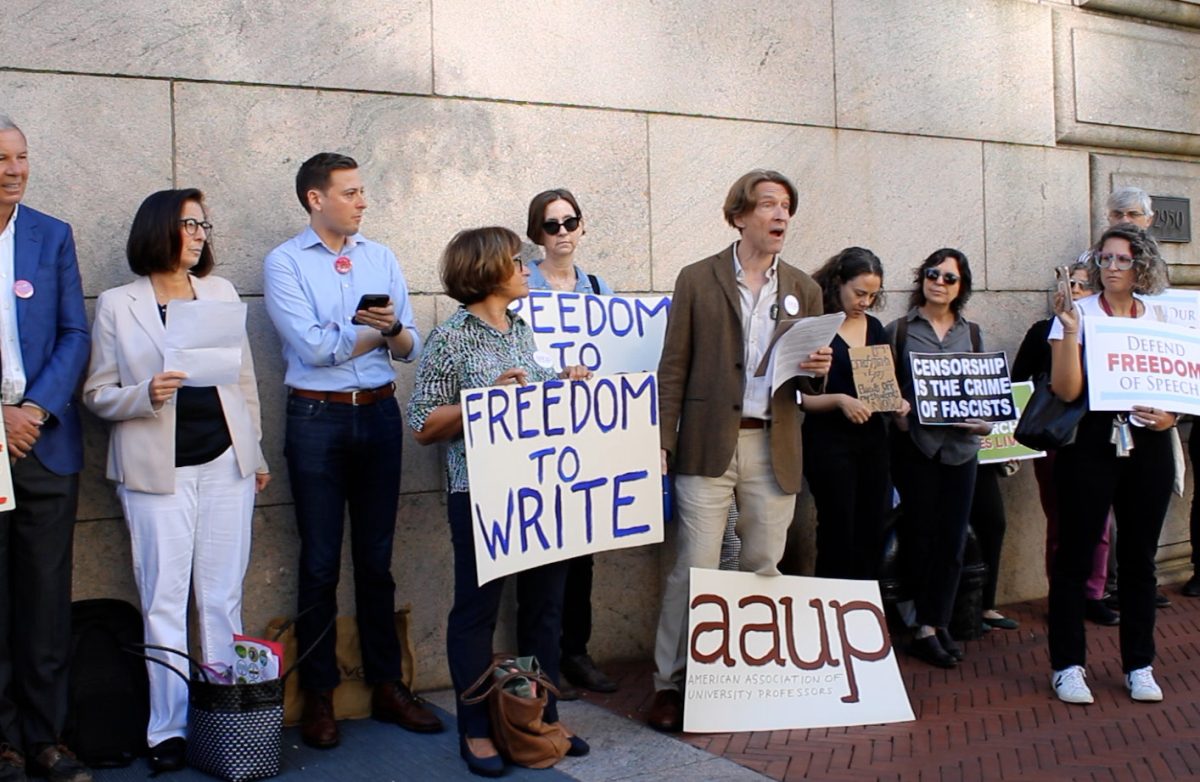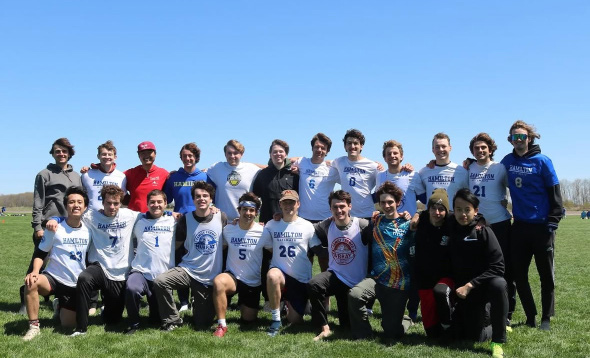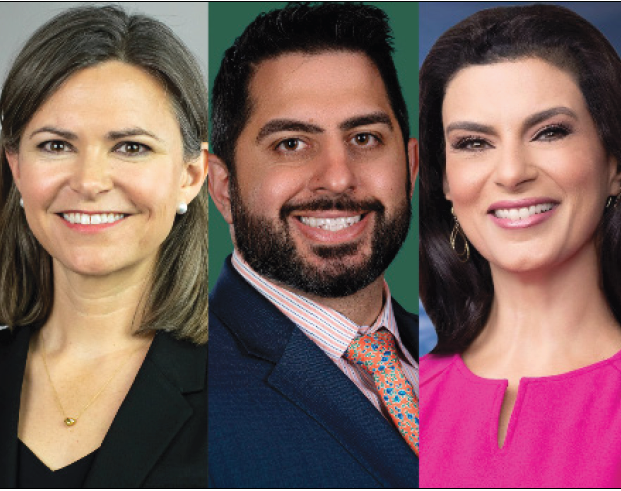
Beginning in high school, students begin to measure their self-worth in direct correlation with their academic success. Such an understanding gains momentum as students begin applying to college; at this point, you are no longer simply defined by your Grade Point Average (GPA), but your participation in sports, clubs, student government, and volunteer work, along with countless other extracurricular activities. As the race for college acceptances becomes continuously more competitive, students begin to go above and beyond being a straight A student. After your acceptance to college, you expect the stress to decrease — after all everyone calls your college years the best of your life. Instead, you are met with increasingly impossible expectations of success, as measured by materialism and fed by competition within colleges.
Interestingly, this is not the case at Vanderbilt University. In 2014, Vanderbilt University was ranked the number one happiest campus in the nation by The Princeton Review. On their university website, Vanderbilt explains that such happiness is achieved by focusing on balance, affordability, academic community, diversity, and Nashville. Their way of explaining their academic community was very surprising to me. Vanderbilt is a prestigious university with a low acceptance rate of 10.7%.
These students are used to competing to be the best students in their respective high schools. Yet, when Vanderbilt explains their academic community, they claim the opposite; “it’s a place where you can get a great education surrounded by excellent peers — without feeling competitive pressure or cutthroat rivalry with other students. The atmosphere at Vanderbilt is simultaneously challenging and collaborative.” As one sophomore at Vanderbilt said, “Throughout my time at Vanderbilt I have never encountered negative competition among my classmates. The environment here truly fosters cooperation among students, and I believe this strongly contributes to the great happiness of the student body.”
This idea of a supportive college community is an anomaly, as the majority of campuses in the United States are institutions where peer competition is viewed as a positive. Hamilton is no exception.
This idea of college success and self-worth not only encompasses your GPA, but anything you can put on your resume: leadership roles, sports, volunteer work, research, internships, etc. Such success comes, supposedly, in addition to maintaining a lively social life and getting adequate amounts of sleep.
Consistently comparing oneself to peers can be overwhelming, both inside and outside of the classroom, and is extremely detrimental to student’s mental health.
Hamilton College is an elite school, one which inspires competition between peers in everything from grades to drinking. On multiple occasions, I have overheard conversations between peers comparing — and bragging — about the lack of sleep they got the night before or the amount that they drank over the weekend. These comparison of unhealthy habits are simply an extension of the constant peer competition; it is not just who can do the best, but who can be in the worst shape and still manage to do the best. You hear students bragging about how they had to pull an all-nighter to finish a paper or telling their classmates how little they studied for a test while, in reality, they started studying weeks ago.
This environment fuels unhealthy habits and feeds into anxiety and depression, as students feel that, no matter what they do, they cannot adequately measure up to their peers.

















